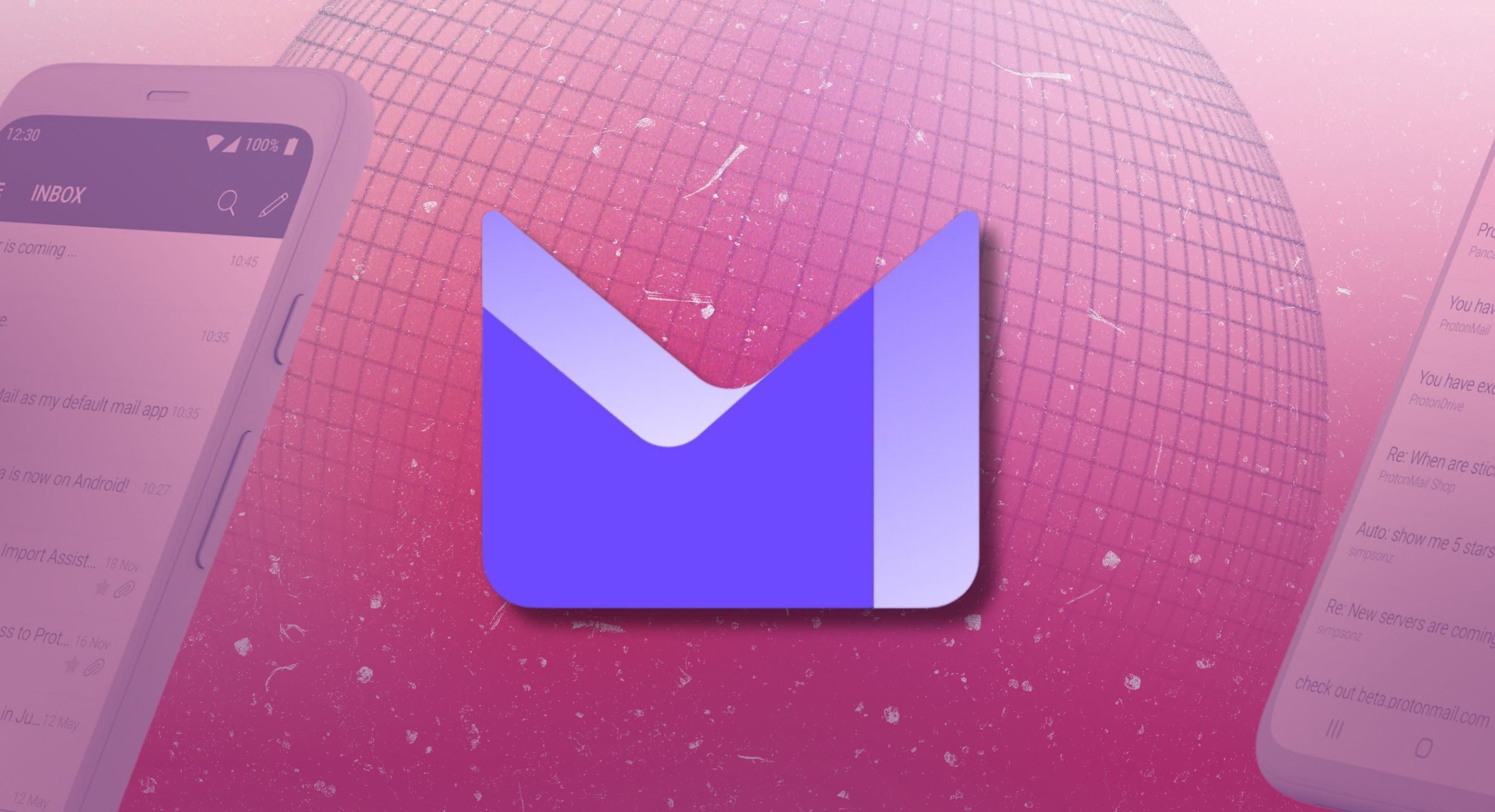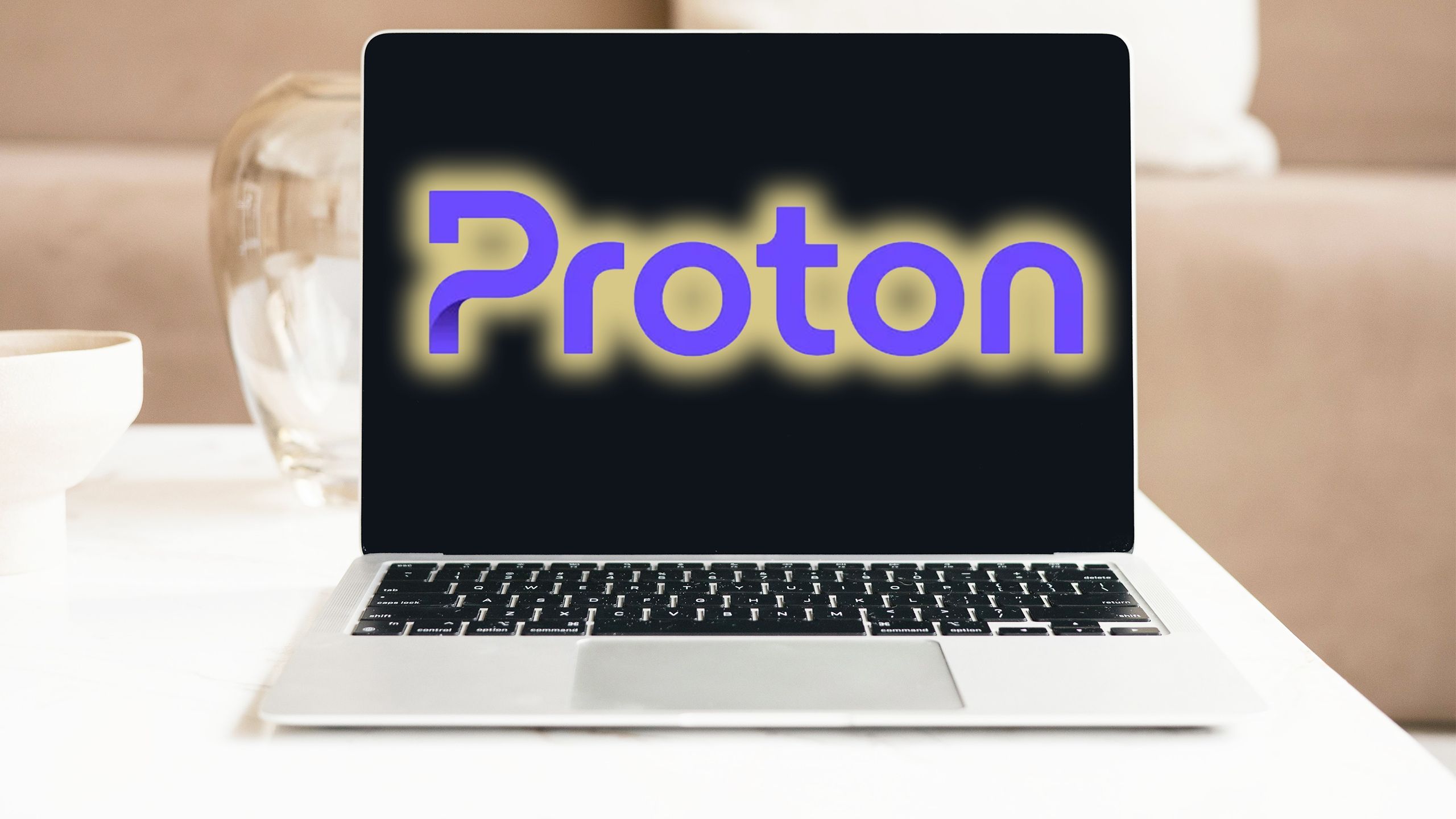While Proton Mail offers unmatched security, privacy perks, and native apps on the major platforms, including Android, relying on their email client might not be convenient for everyone. Whether you are a long-time Outlook user drawn to Proton Mail’s privacy features or looking to consolidate your email workflows, this guide walks you through the necessary steps to integrate Proton Mail into your Outlook app.
Although Proton Mail and Outlook don’t natively connect, you can bridge the gap using Proton Mail’s built-in tools. We walk you through setting up IMAP and SMTP connections and explain how the Proton Mail Bridge enables you to access your encrypted emails within your Outlook client.
Set up Proton Mail to Outlook
Unlike Gmail, Yahoo, and iCloud, you can’t just enter your Proton Mail ID and password to Outlook and sync your inbox. These email providers offer ready-to-use IMAP and SMTP credentials for client integration. However, the same isn’t true for Proton Mail. Since it prioritizes end-to-end encryption, Proton Mail requires a different approach.
Proton Mail encrypts your emails on their servers and decrypts them on your devices. This design ensures that only you and the recipient can read the content of your messages. Since Outlook doesn’t have the necessary keys to decrypt the emails, direct IMAP/SMTP access would bypass this encryption. Here is where Proton Mail Bridge comes into play. Before we go ahead with the setup, it’s important to have a word about it.
Related
My journey from Google to Proton: Why I switched ecosystems and won’t look back
My unexpected journey to privacy with Proton
What is Proton Mail Bridge?
Proton Mail Bridge acts as a local application that runs on your computer all the time. It decrypts your Proton Mail messages locally and provides Outlook with decrypted emails via a local IMAP/SMTP server. The app works as a translator that decodes Proton Mail’s encrypted data into a format that Outlook understands.
When you set up Proton Mail in Outlook, the app asks for relevant IMAP and SMTP credentials. Bridge generates such credentials for your Proton account. This key security measure allows you to use Proton Mail within Outlook without compromising security.
Set up Proton Mail Bridge
You first need to set up Proton Mail Bridge for your account. Follow the steps below.
- Go to Proton Mail Bridge on the web and download the app build for your desktop OS.
-
Launch Proton Mail Bridge and select Start setup.
-
Enter your Proton account details and select Sign in.
-
Select your email client from the following menu. Click Microsoft Outlook.
-
Select Install the certificate. You need to enter your system password to confirm the decision.
-
Proton Mail Bridge generates IMAP and SMTP credentials for your account.
Now, you are set to use these credentials in Outlook.
Integrate Proton Mail inbox with Outlook desktop
In the screenshots below, we use the legacy Outlook app on Mac. If you use the latest Outlook app on Windows or Mac, switch to the legacy client.
We tried setting up Proton Mail on the latest Outlook client but ran into errors. Then we switched to the legacy app, and it worked like a charm.
- Launch Outlook and switch to the legacy client from the top menu.
-
Relaunch the app. Click Outlook at the top and open Settings.
-
Open Accounts.
- Select + at the bottom.
-
Click Add an account.
- Enter your Proton account email.
-
Select Choose the Provider.
-
Select IMAP/POP from the following menu.
- Outlook opens an IMAP/POP dialog box.
- Enter a password (the one generated by the Proton Mail Bridge), incoming server, outgoing service, and port details.
- Disable Use SSL to connect (recommended).
-
Click Add account, and that’s it.
Outlook adds your Proton Mail account and syncs the latest messages. Move to the main inbox and check your Proton Mail emails.
You should also go to Outlook Tools > Accounts > Proton Mail > Advanced > Folders and select Don’t store a copy of sent messages. This adds an extra layer of security to your messages.
You can add any number of Proton Mail addresses to Outlook. The company recommends waiting for one address to download before adding another.
You can use the same trick to set up Proton Mail with other popular email clients like Thunderbird and Apple Mail.
Using Proton Mail in Outlook
Successfully integrating Proton Mail with Outlook brings together the best of both worlds: Proton Mail’s robust security and privacy features and Outlook’s familiar, user-friendly interface. While the setup process requires a few technical steps, particularly with IMAP/SMTP and the Proton Mail Bridge, the results and added convenience are worth the effort.
What are you waiting for? Follow the steps above, complete the integration, and make sure your sensitive information remains protected. As for me, I kept my Outlook ID and replaced Gmail with Proton Mail to exchange sensitive information.

















